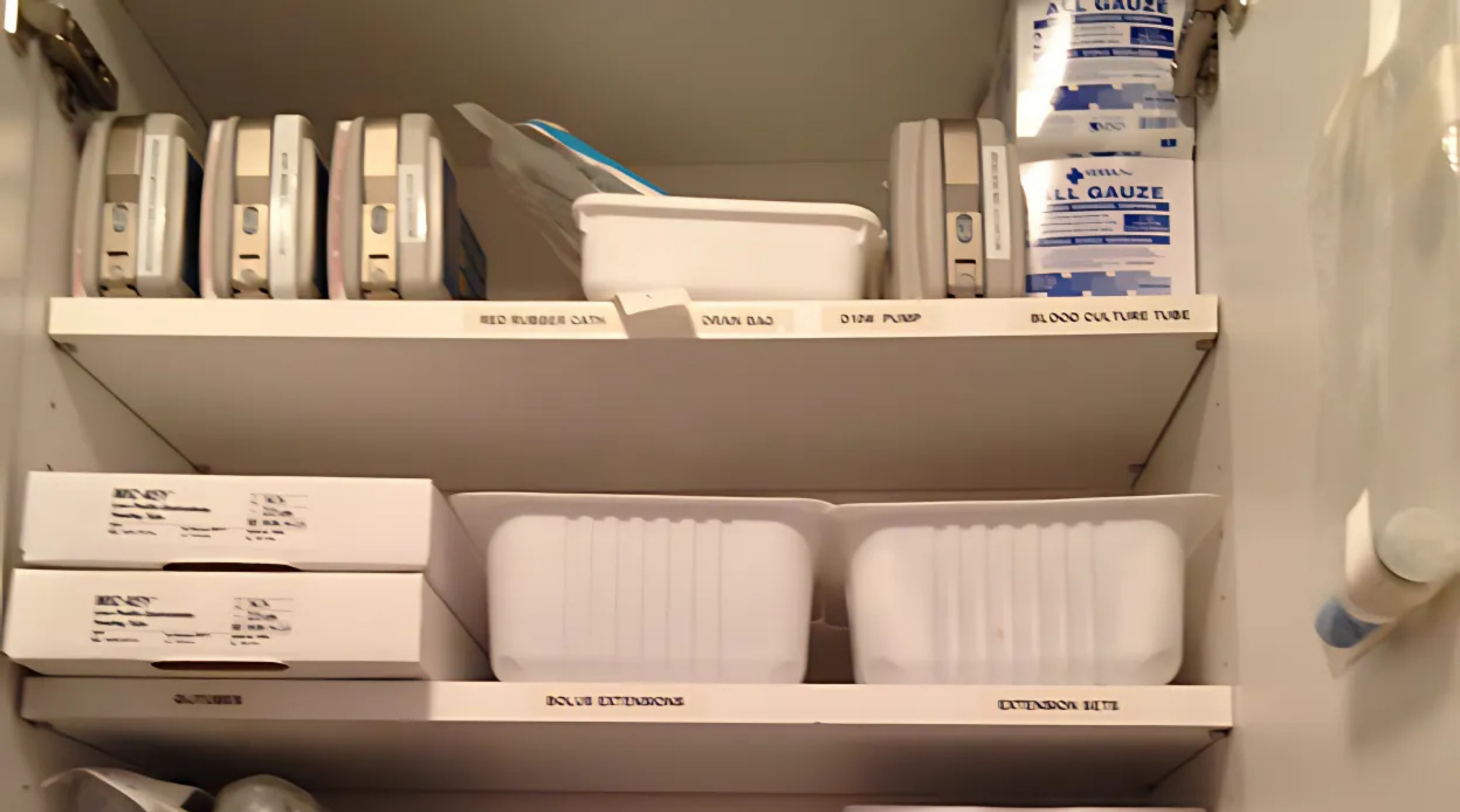Who talked to you about medical interventions you considered for your child and how they might benefit and perhaps complicate not just your child’s life but yours as well?
Sue: We would talk to the medical team that knew my child well. Then my husband and I would discuss all options. We included Caitlin’s nurses in those conversations. Talking to other parents is also always a great resource.
Lisa: I typically speak to clinicians first, then I will speak with my husband and my older son, Benjamin who is Jamie’s co-guardian.
How did you educate yourself and become comfortable with the medical care you are/were tasked to do? How do you have confidence that you can do it?
Sue: Educate yourself by asking lots of questions. Don’t be afraid to ask the same question more than once. If you need more training, ask for it. Don’t feel badly if it takes you longer to learn something. For me confidence came over time. I had to do the hands-on care and learn it well and I had to be okay that I would fail at it a few times. If I wasn’t confident with something I would ask the home nurses to walk me through it.
Lisa: This really depends on the medical skill or care needed. Sometimes confidence is born from sheer fear or having to do something to get your child home. You will not be able to count on nursing, as there will be times you will be completely on your own. Since the pandemic began, we have had no nursing at all. I cannot imagine what would have happened if we did not know every detail of my son’s care.
What do you do or who do you lean on when your confidence falters?
Sue: I would lean on my husband, family, and Caitlin’s home care nurses. I would talk to other families on the same medical journey. I learned so much from other moms.
Lisa: I have an “inner circle” that was created over time. These are the people who accept me and my family as we are – good days and bad days alike. My husband, several close friends, and my sister usually can help me when my confidence or perspective falters.
Who helps you think about the home modifications that might be needed to accommodate new equipment?
Sue: Before we moved to our current house, we had a split-level home. We knew with a wheelchair, gait trainer, shower chair, medical equipment, and supplies we needed to expand our home. The logical choice was to convert the basement into Caitlin’s area, so we had handicap access from the driveway. However, I wanted her to be on the same floor with us so we could closely watch her. More importantly I wanted her to be in the kitchen and living room so we could be together as a family. We priced an addition, and it was expensive, so we started to look for a new house. We moved when Caitlin was 7 and were able to create a set up that worked for Caitlin and our family.
Lisa: My husband and I brainstorm all possible scenarios. We have had to add a lot over the years, but it has typically been 1-2 things at a time. I am grateful for that. It has made it a bit less stressful than having to go home with a roomful of equipment all at once.
How do you cope with the emotional toll and exhaustion?
Sue: In the beginning people would ask “what can I do to help.” And I would always say “nothing we are fine”. I finally realized that I can’t do it all and could use the help. When someone asked if our boys needed a ride to sports, I said “yes”, If someone offered to make us dinner I said “yes” and when someone would offer to sit with my children so I could shower, I happily accepted. Take thing off your plate if you can.
Lisa: I try to keep things in perspective. I try to find something to be grateful for even on our worst days. And I reach out to a friend, or my husband to process it all. We all experience different emotions at different times. If I wake up feeling blah, a brisk walk on the treadmill can be a game changer. Or a good cry. Tears are cleansing. Grief can hit at any time, any moment. If I am overwhelmed, I break the day into lists and segments. My tasks are on paper, and I try to focus on the one at hand….. I live in 15-minute increments.
Have you found respite care? Do you use it?
Sue: We were not able to have respite due to the complexity of Caitlin’s care, but we did have home care nurses and they were our lifeline. We created a space for the nurses to sit and document while keeping eyes on Caitlin.
Lisa: We were never successful at finding respite care that would take Jamie, or that we were comfortable with. Once a year, we try to get nurses to work back-to-back shifts so we could get a longer break. There is no perfect “recipe” for this… Jamie can only be left with a nurse, so it is difficult.
Have you considered a residential placement?
Sue: We had enough support for Caitlin, so I didn’t feel we needed residential placement. I would have considered it if I didn’t have the level of support, I needed to keep her at home.
Lisa: For our family, it has never been the right choice for Jamie. However, with my youngest son who is diagnosed with ASD, we did consider it in his teen years. It is a very individual choice. I feel very strongly that families should be supported in making the decisions that are right for them. We all come to the table with different challenges, and different tools in our “toolkit”.
